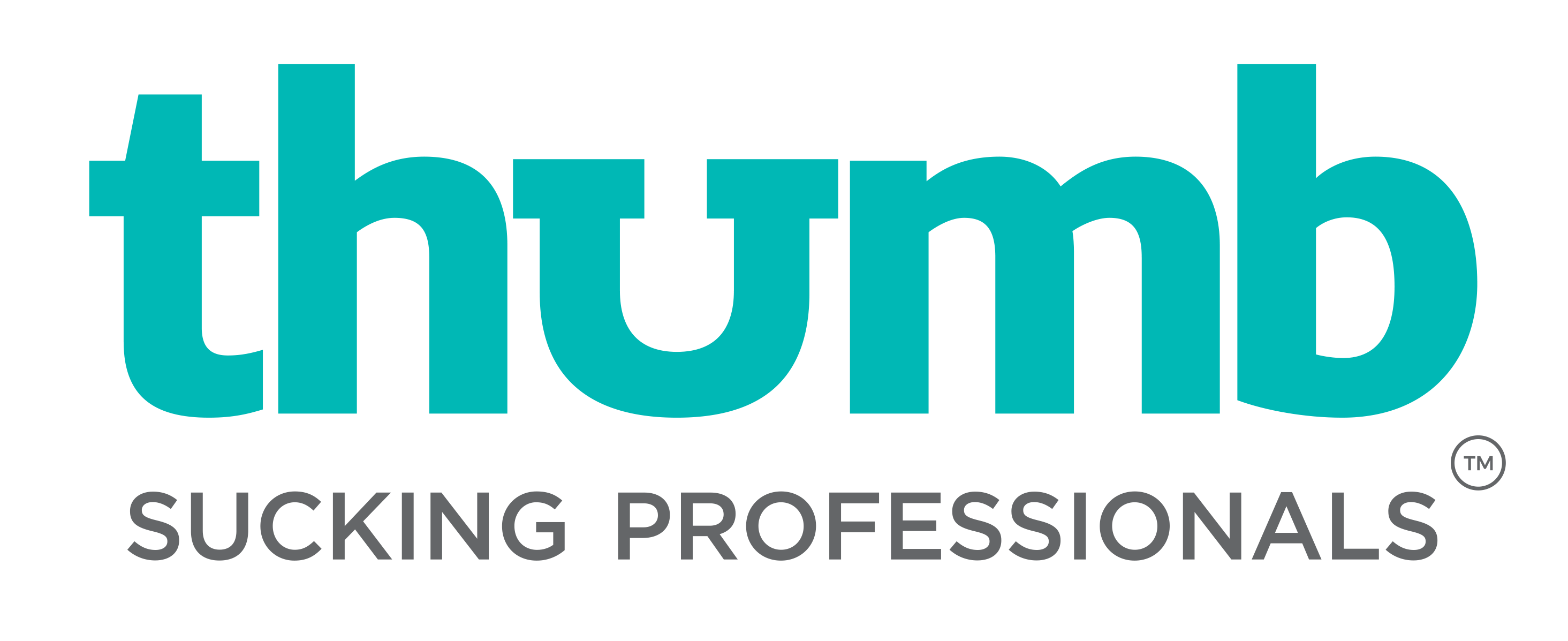Menu
How do I know if my child’s thumbsucking is just a phase or a habit?

Thumb and finger sucking can be a simple phase for some kids. But for others, there may be an underlying health condition that a sucking habit is helping to manage. In other words, the sucking habit can be a SYMPTOM of a bigger problem. This is often the reason why many kids “hang on” to their thumb or finger habit.
So, as a parent, how do you tell the difference between a simple “phase” and an underlying problem? To save you the google search, we’ve put together a checklist of questions to help determine if your child’s thumb or finger sucking is something that does indeed require further attention.
SLEEP
Some children use their thumb sucking habit to assist them in sleeping well. If your child is waking up during the night, it is important to find out why they are being disrupted. Are they cold? Having nightmares? Suffering from headaches? If a child is falling asleep before 9am or on the way to their swimming lessons, that is also usually a sign that something isn’t quite right.

Check for:
- Is your child sleeping well?
- Are they restless in sleep?
- Do they snore?
- Do they wake up happy?
- Do they have symptoms of hyperactivity?
- Are they falling asleep during the day?
Not sure if your child has a sleeping problem? Check out our parents’ fridge questionnaire.
BREATHING
Some children use their thumb to help themselves breathe better. Something as simple as snoring or noisy breathing is important to investigate further as it can influence how the face grows and develops. Nose breathing during sleep should also be quiet and effortless, so if this is not the case for your child, it’s certainly worth diving deeper.

Check for:
- Do they mouth breath?
- Do they get regular runny noses and coughs?
- Do they dribble excessively or have saliva control problems?
- Do they have decay or oral hygiene problems especially at the front of the mouth?
If you’re concerned about your child’s breathing, please see your medical doctor or consult a Thumbsucking Professional.
EATING
Some children’s thumb sucking is related to the way their mouth has developed. A child’s eating habits can provide a lot of insight into this and ultimately explain why they may be thumb or finger sucking. For instance, if a child’s gut is being irritated by specific foods, they will often use thumbsucking as a mechanism to soothe the inflammation. This is basically the equivalent of pain relief for them. This is because the sucking encourages peristaltic movements of the digestive tract to help push rising stomach acid back down into the stomach.

Check for:
- Does your child have problems with eating age-appropriate foods?
- Did you have breastfeeding problems?
- Are they having reflux or tummy upsets?
- Do they have a tongue or lip restriction?
If any of these raise red flags, see a Thumbsucking Professional, General Practitioner, Child Health Nurse or Speech Language Pathologist.
FACE AND MOUTH SHAPE
Thumb and finger sucking habits are more commonly associated with problems like excessive overjet and anterior open bite. This can cause difficulty for kids when they bite, chew and swallow and as a result, they may require orthodontic treatment.

Check for:
- Does the child have a large overjet or deep overbite? (You can refer to our bite diagram here)
- Do they have crooked teeth?
- Are their teeth protruded significantly forward over the bottom teeth?
Concerned? Be sure to see your Paediatric Doctor or Thumbsucking Professional.
BEHAVIOURAL
Anxiety and behaviour are a recipe for thumb sucking in children. Since sucking has the ability to calm a child’s emotional distress, it is often employed as a behavioural mechanism.

Check for:
- Is your child constantly upset or angry?
- Does your child get anxious? If so, when is this most prominent?
- Does your child have significant mood swings or meltdowns?
Whilst it is normal for children to go through phases with their moods and sleep, it should eventually subside without children having to rely on thumb sucking to calm themselves. Therefore, if their mood and sleeping habits do not improve, it is recommended that you see a health professional or a Thumbsucking Professional.
If you answered yes to all the above questions, it is now time to seek help from a Thumbsucking Professional. They truly are worth their weight in gold and can work with your child to get them back on track. Toddlerhood may not always be the easiest time to intervene, but it is important you are equipped to identify any concerning oral habits before they become a larger issue.
Share
Tweet
Share
Pin
